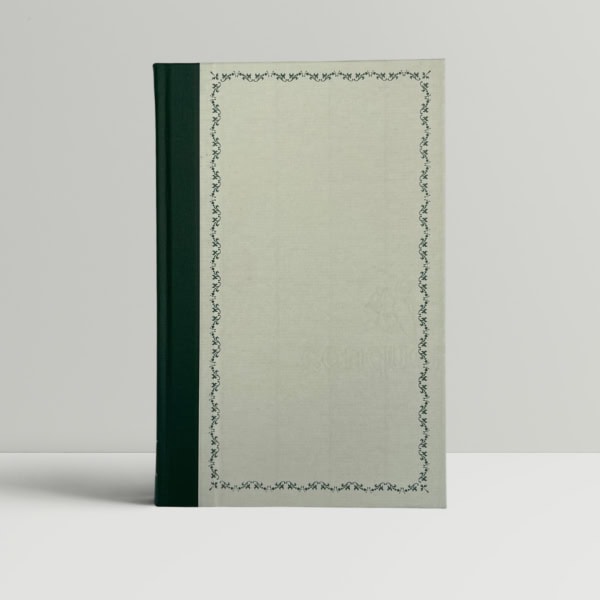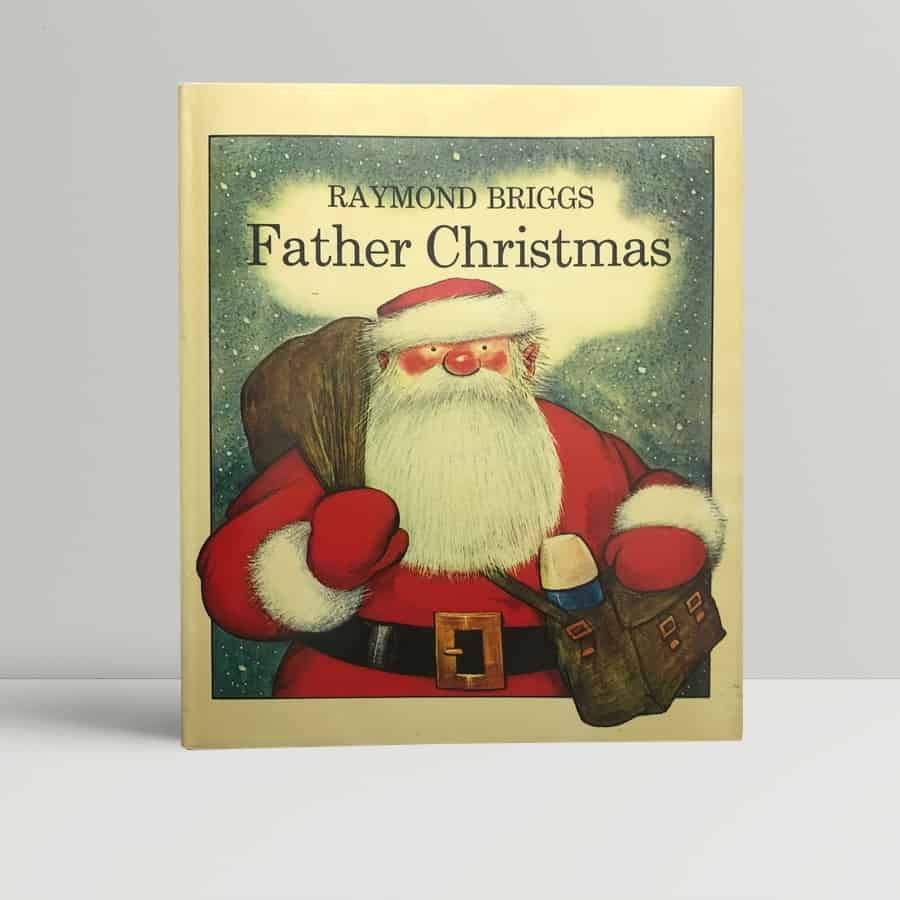Anthony Trollope – The Landleaguers – First Folio Edition 1995
£30.00
A first Folio Society edition, first printing of The Landleaguers by Anthony Trollope, published by The Folio Society, London in 1995, with introduction by Frank Delaney and illustrations by Val Biro. A very fine book free from internal inscriptions, ivory paper bound boards with green internal floral border, green cloth spine with gilt titling against black background, text blocks are bright and crisp with green top stain. In green paper bound slip case.
Originally published in 1883, The Landleaguers by Anthony Trollope is his final, unfinished novel, set in 19th century Ireland during the turbulent Land War. It explores the conflict between Irish tenant farmers and English landlords through a blend of romance, politics and social commentary. Trollope portrays the tensions and violence of the time with sympathy for both sides, though critics note a pro-landlord bias. Despite its incomplete state, the novel offers insight into Irish struggles and Trollope’s evolving views on imperial policy.
(We don't keep all of our stock in the shop, so send us an email if you're planning a trip to see a particular author or book.)
- Description
Description
A first Folio Society edition, first printing of The Landleaguers by Anthony Trollope, published by The Folio Society, London in 1995, with introduction by Frank Delaney and illustrations by Val Biro. A very fine book free from internal inscriptions, ivory paper bound boards with green internal floral border, green cloth spine with gilt titling against black background, text blocks are bright and crisp with green top stain. In green paper bound slip case.
Originally published in 1883, The Landleaguers by Anthony Trollope is his final, unfinished novel, set in 19th century Ireland during the turbulent Land War. It explores the conflict between Irish tenant farmers and English landlords through a blend of romance, politics and social commentary. Trollope portrays the tensions and violence of the time with sympathy for both sides, though critics note a pro-landlord bias. Despite its incomplete state, the novel offers insight into Irish struggles and Trollope’s evolving views on imperial policy.








